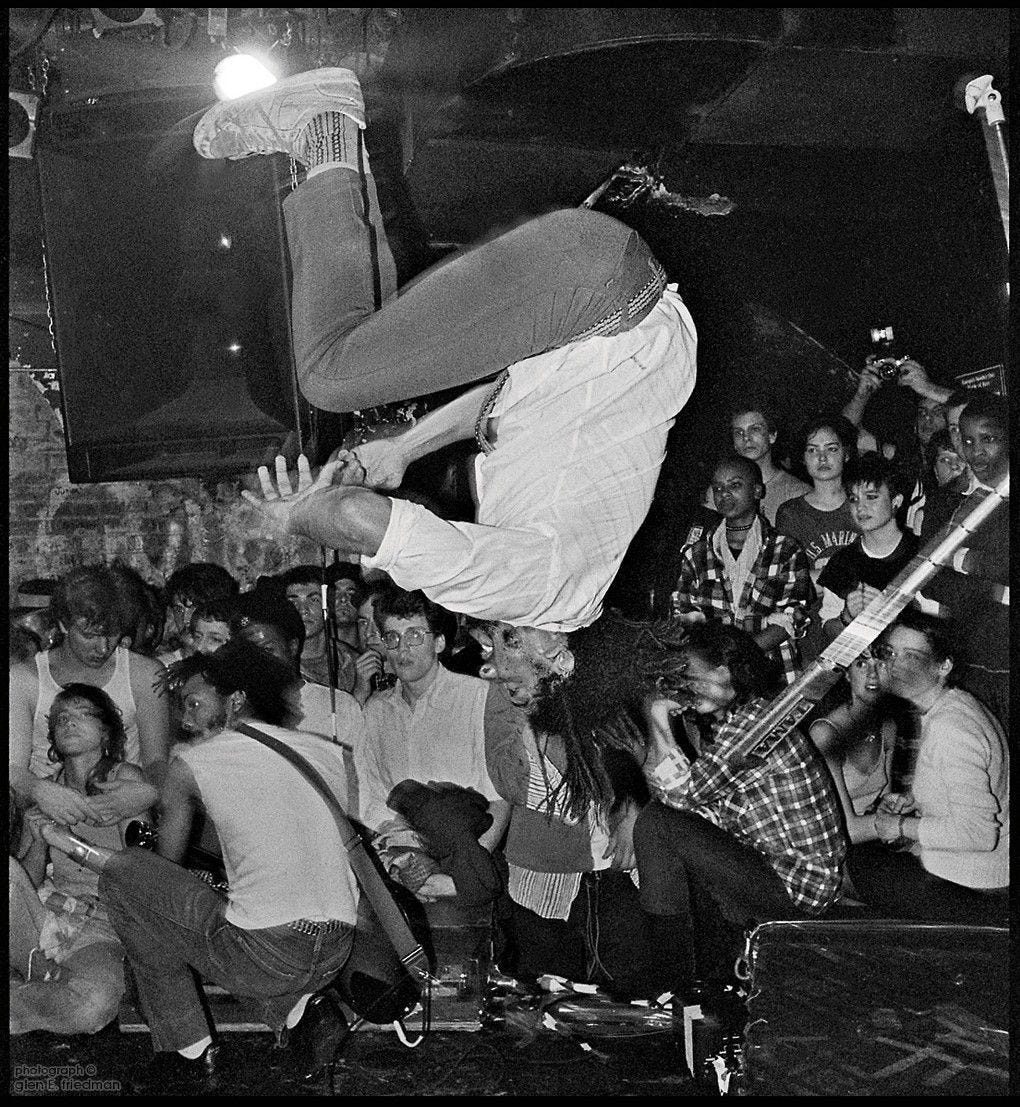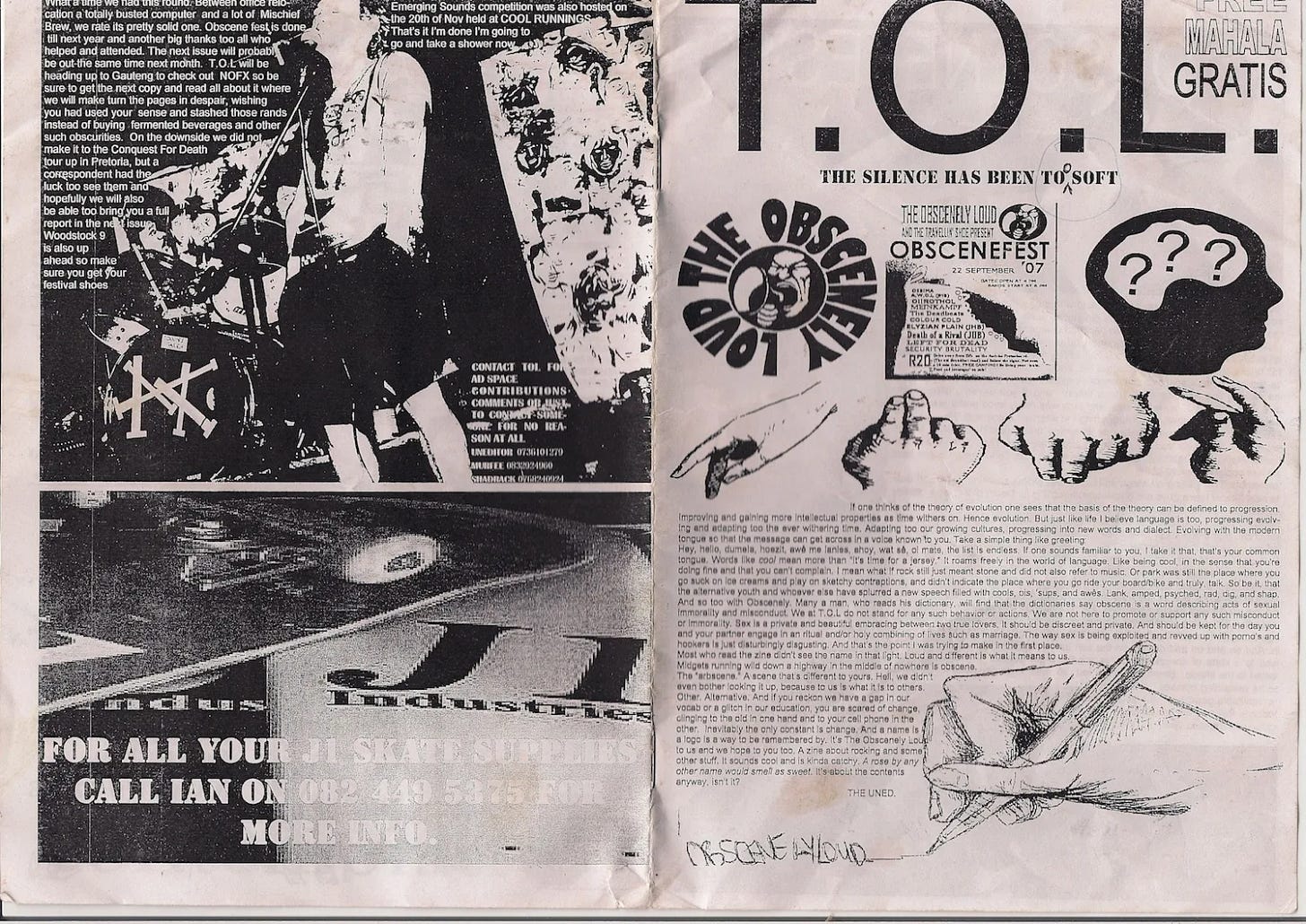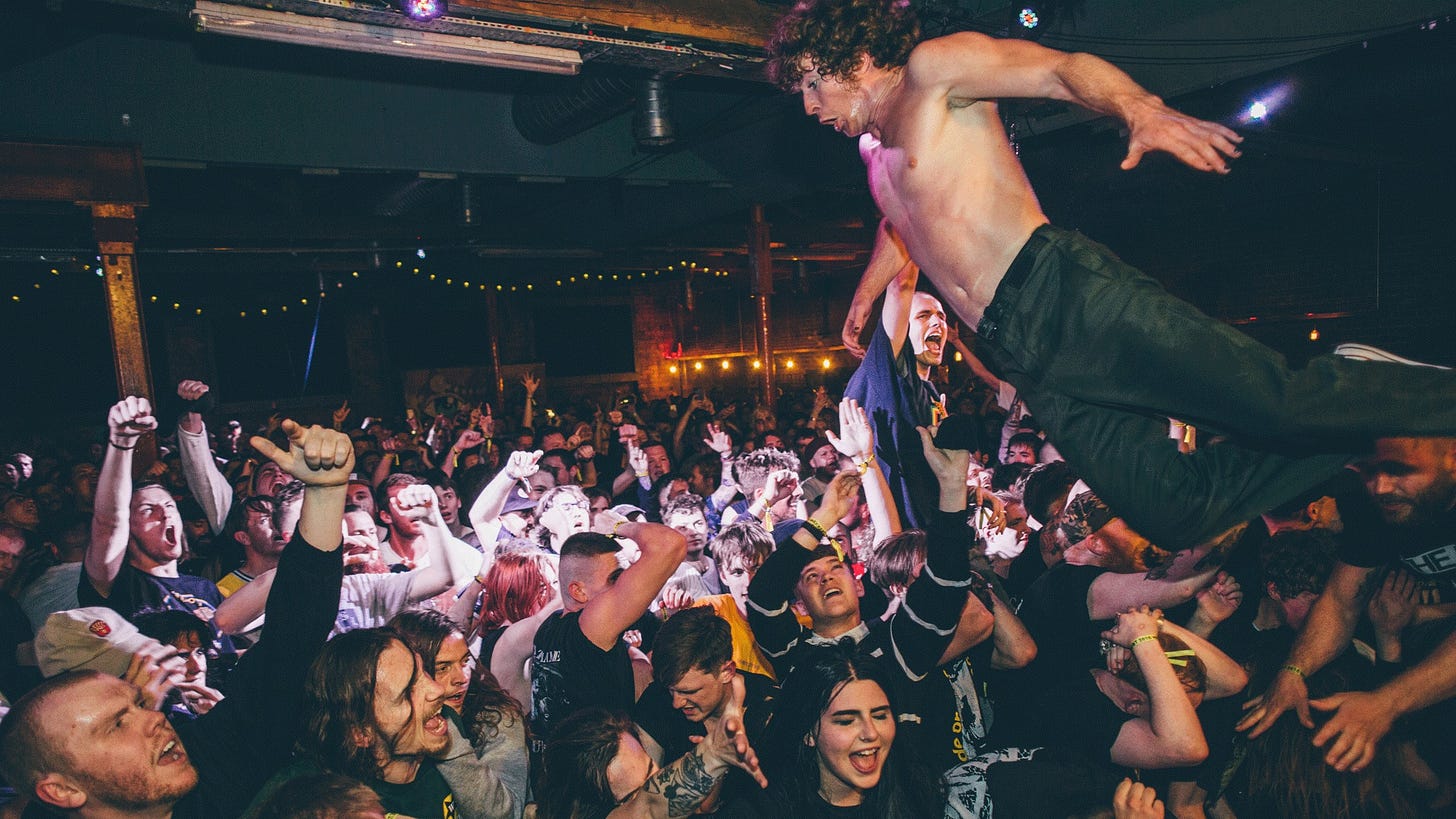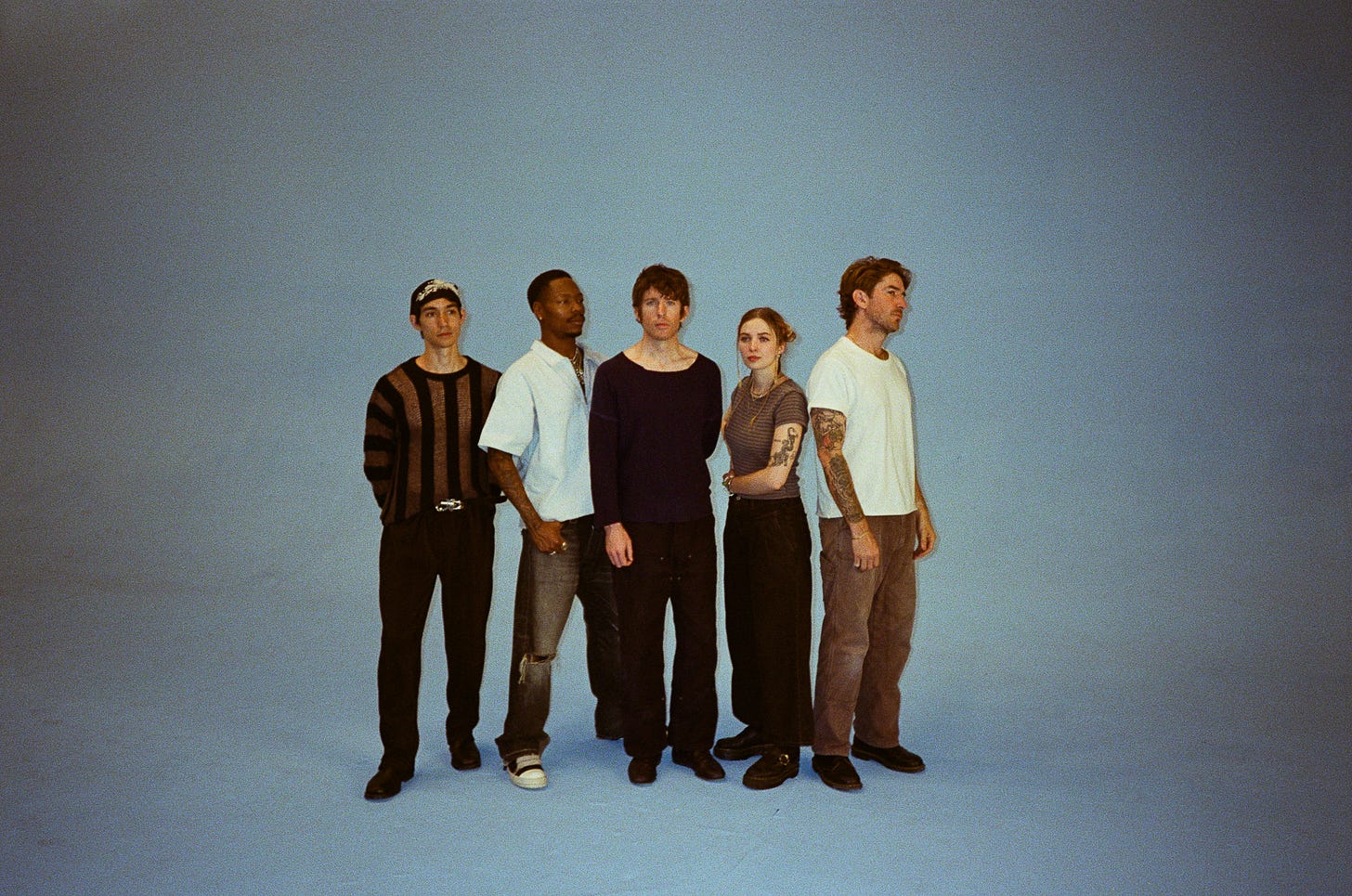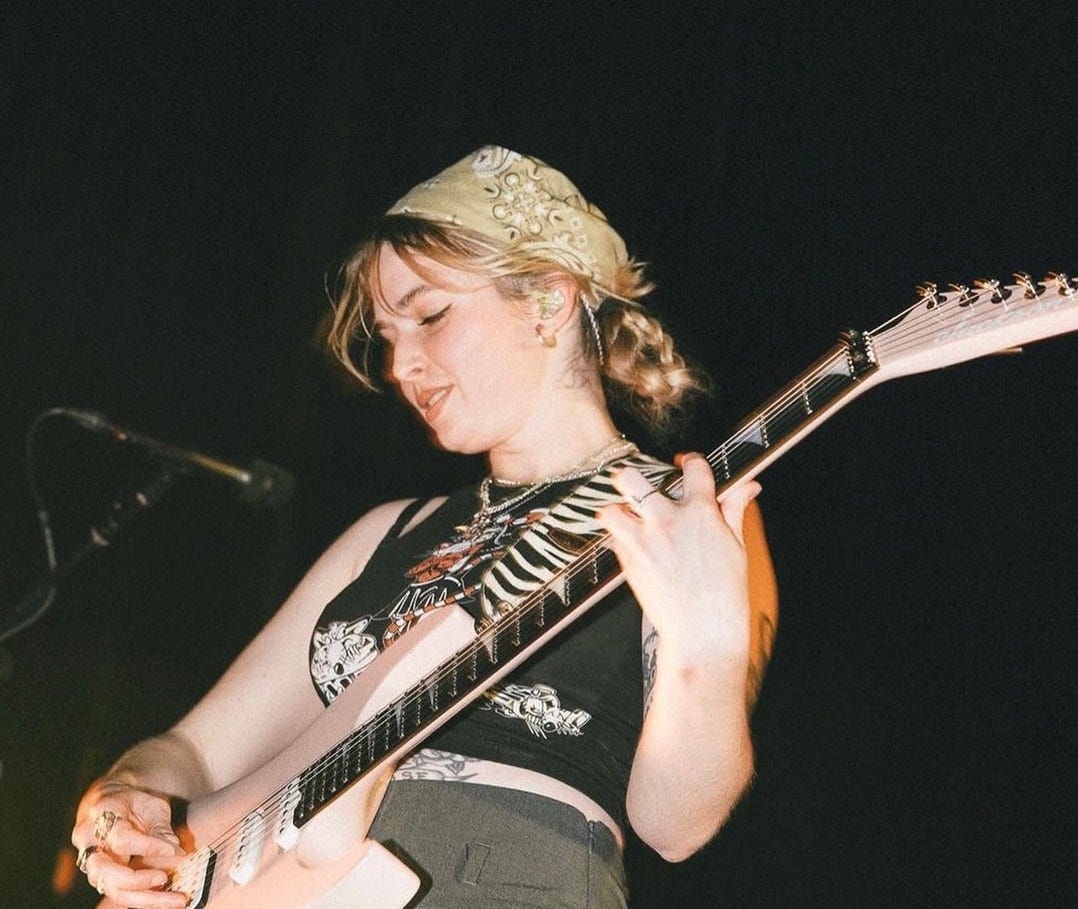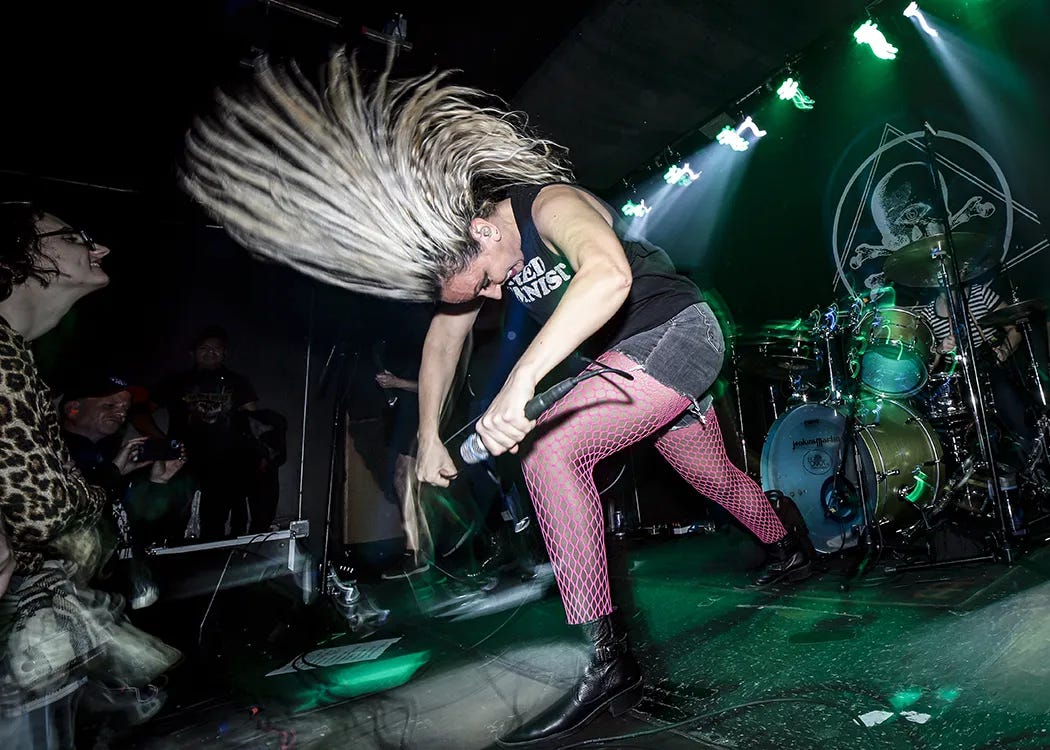In the 1980s and 1990s, hardcore punk emerged not just as a genre, but as a cultural insurgency. Bands like Minor Threat, Black Flag, and Hüsker Dü in the U.S., alongside Discharge, Disorder, and Chaos UK here at home, built a scene rooted in speed, self-reliance, and moral urgency. It wasn’t about virtuosity or industry polish - it was about direct expression, radical honesty, and community resilience.
Across continents, kids discovered the power of DIY: booking their own shows, pressing their own records, printing zines, and carving out space where none existed. These weren’t just concerts; they were cultural laboratories. Whether in suburban garages, squatted venues in Berlin, or youth centres in Leeds, the global hardcore movement became a decentralised network of defiance. What united these disparate scenes wasn’t fashion or even sound - it was a shared ethos: conviction, creativity, and a refusal to play by the rules of the mainstream.
That ethos was mirrored across the Atlantic in the hardcore punk scenes of Washington D.C. and Baltimore, where bands like Minor Threat and Bad Brains gave voice to a raw, moral urgency. While these scenes could veer toward the insular, they also carved out a radical kind of authenticity - one rooted not in coolness but in conviction. Hardcore, in its earliest form, was less about genre than about ethos: straight-edge discipline, anti-capitalist critique, and a fierce DIY ethic that created what philosopher Nancy Fraser might call a counter-public—a moral and cultural infrastructure outside of mainstream norms. In its best moments, hardcore punk offered young people a framework for ethical rebellion—chaotic, yes, but with purpose.
Fast-forward to today, and the musical landscape often celebrates being “genreless.” Playlists blend drill, hyperpop, soul, ambient, and trap in one breath. But the question remains: genreless for what? While scenes like UK drill, US trap, and even French rap are essential cultural artefacts - brimming with ingenuity and social commentary -they can also veer into nihilism. Artists like Migos, JME, or even certain drill collectives may wield incredible sonic influence, but their lyrics at times lean into a performative darkness: glorifying violence, objectifying bodies, or selling detachment as style. It’s not the aggression that concerns - rage has its place - but the absence of moral clarity. What we’re seeing is what Zygmunt Bauman might call liquid modernity: cultural codes dissolving into a formless flow, where everything is aesthetic, but little is anchored.
That’s where Turnstile comes in - as both rupture and return. Their sound retains the visceral punch of hardcore but infuses it with shimmering psychedelia, unexpected tenderness, and spiritual uplift. They’re not diluting hardcore; they’re expanding it. And in doing so, they remind us of what music can still be: a conduit for feeling, ethics, and collective memory. In an age of algorithmic playlists and moral drift, Turnstile’s music reintroduces what Max Weber warned was vanishing from modern life - enchantment. This is music that invites catharsis, not just consumption. It doesn’t posture; it participates.
It’s no surprise, then, that Turnstile have become a kind of emotional lodestar for a generation seeking connection with intention. Their sonic universe - spanning shoegaze haze, hardcore breakdowns, and funk-inflected grooves - isn’t genreless in the vague Spotify sense. It’s pluralistic in the best political sense. It reconciles intensity with inclusion. Their live shows feel like modern rituals: bodies in motion, feelings uncontained, a kind of temporary autonomous zone where the rigid frames of digital life dissolve, if only for an hour.
That brings us to Meg Mills - an emblem of hardcore’s next chapter. Raised in the UK’s DIY punk scene, Mills cut her teeth in Leeds-based Big Cheese, a band she co-founded in 2016 while living in a punk house with members of The Flex and Higher Power. Her songwriting, steeped in NYHC influences, reflected a Leeds scene buzzing with creative energy. She later joined Chubby and the Gang as bassist, embedding herself even deeper into a punk landscape driven by community values, labor politics, and sonic experimentation.
When Turnstile tapped her to tour as their guitarist in 2023, it marked a symbolic transatlantic bridge between two scenes: Baltimore’s progressive hardcore and Leeds’ working-class DIY. Her leap - from writing riffs in a cold house in Yorkshire to playing arenas across the globe - wasn’t just a personal win; it was a marker of hardcore’s evolution. Her presence on those stages isn’t tokenistic; it’s transformational. Mills embodies a generation of musicians who can navigate both underground ethics and global stages without compromise.
That same spirit is alive in artists like Kat Moss, fronting California’s Scowl - a band blending hardcore fury with melodic punk, Riot Grrrl defiance, and alt-pop flair. Moss’s presence on major festival stages underscores hardcore’s shift toward inclusivity and genre fluidity. Like Mills, she represents a new vanguard: artists reshaping the scene without abandoning its core values.
Her journey is part of a broader UK DIY resurgence in the 2010s, which saw the emergence of inclusive, self-sustaining ecosystems. Leeds’ Temple of Boom, London’s DIY Space, Decolonise Fest, Hell Hath No Fury, First Timers - each functioned as more than venues or events. They were counter-publics, to borrow Nancy Fraser’s term again: radical spaces where queerness, race, and class converged with subcultural identity to create a more pluralistic punk future.
This trajectory contrasts, yet runs parallel, to developments in the U.S. From Black-fronted bands like Soul Glo and Zulu, to feminist-led outfits like War On Women and G.L.O.S.S., the 2010s saw both scenes confront their limitations and reimagine punk through the lens of agonistic pluralism…where difference isn’t flattened, but held in productive tension.
Turnstile’s upcoming headline at Outbreak Festival in London on June 13th, with Mills on guitar, isn’t just a gig. It’s a celebration of this shared ethos. A gathering point where genre pluralism, emotional honesty, and political clarity meet. In a world of noise, they offer signal.
And that signal says: it’s okay to feel everything - and it’s okay to demand more from the culture we build together.


